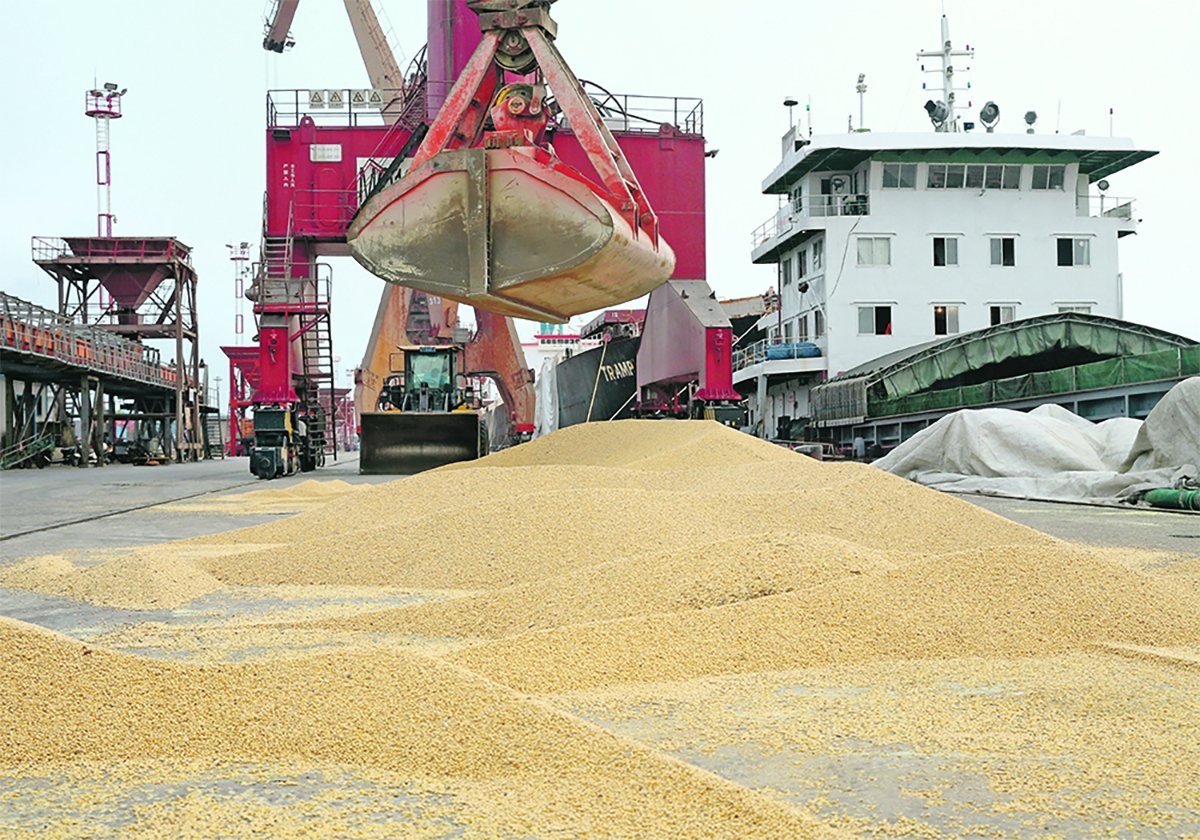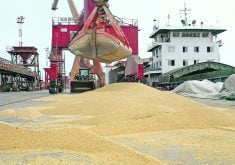Canada may be the ideal place to introduce identity preserved grain shipping, said speakers at a recent Winnipeg grain industry conference.
Farm management consultant Gary Pike told the Fields on Wheels conference that Canada, and possibly Australia, would be the best places to introduce IP grain production. Prairie farmers have large amounts of on-farm storage, which allows specialty grain to be carefully segregated on the farm.
Canadian farmers are also quick to respond to market pressures, including new demands for specialty products.
“The lack of subsidies up here (in Canada) has caused rapid farm consolidation and a willingness to reassess to whatever will give the best returns,” Pike said.
Read Also

U.S. soy subsidies will cause lasting damage to industry
Nothing illustrates the demise of world trade agreements more than the recent dispute between the United States and China.
Canadian farmers have jumped on new types of crops such as pulses in a search for profitability, but in some cases U.S. subsidies stop farmers from trying new things.
He said he has found that some American farmers will not grow IP crops because that would exempt them from coverage by some subsidies.
North Dakota State University professor Bill Wilson said Canada’s grain handling and marketing system would also make it easier to introduce IP systems than in the United States.
“Your grading system of classes and subclasses is a pretty important prerequisite to making some of these things work,” Wilson said.
The American grain handling system has few classes of grain and is designed for cheap bulk movement rather than differentiation.
Wilson said the Canadian Wheat Board also offers an important advantage. The board gives better market signals to farmers than do competing grain companies in the U.S.
“We have many buyers and those buyers don’t give the same signals and that makes IP a very problematic enterprise to be doing in (the U.S.),” he said.
“The fact that you have a single buyer allows one tongue to be speaking when they’re transmitting signals.”















